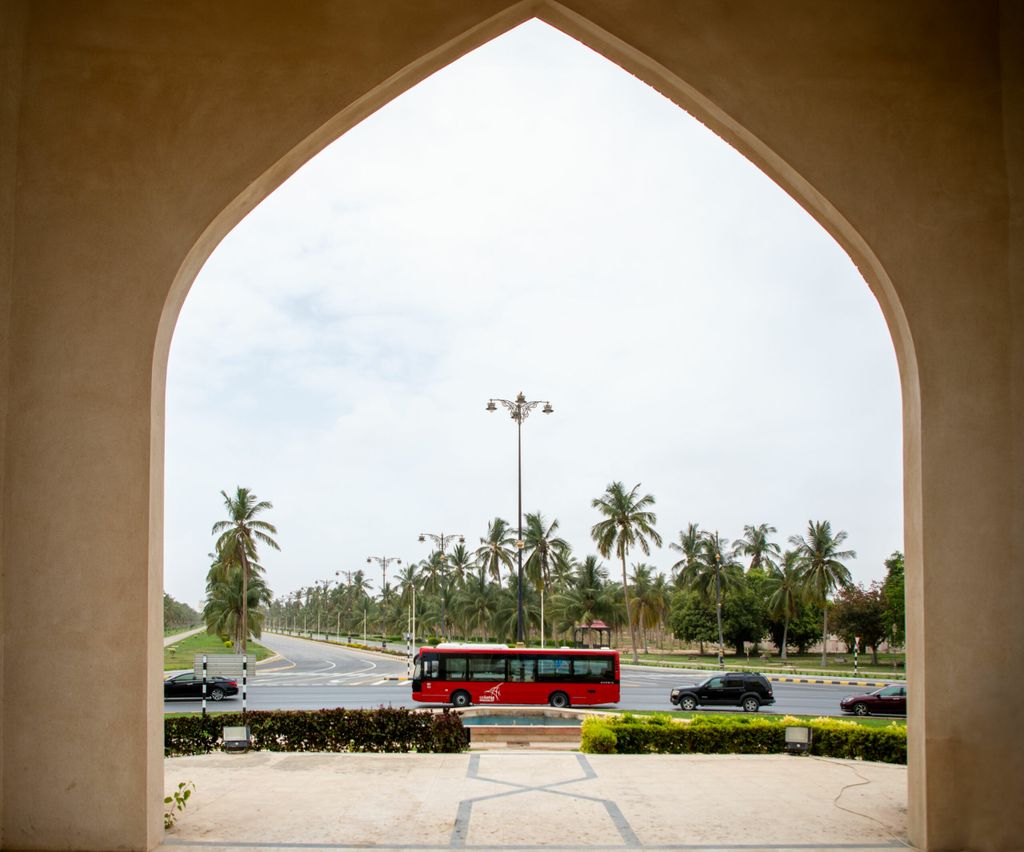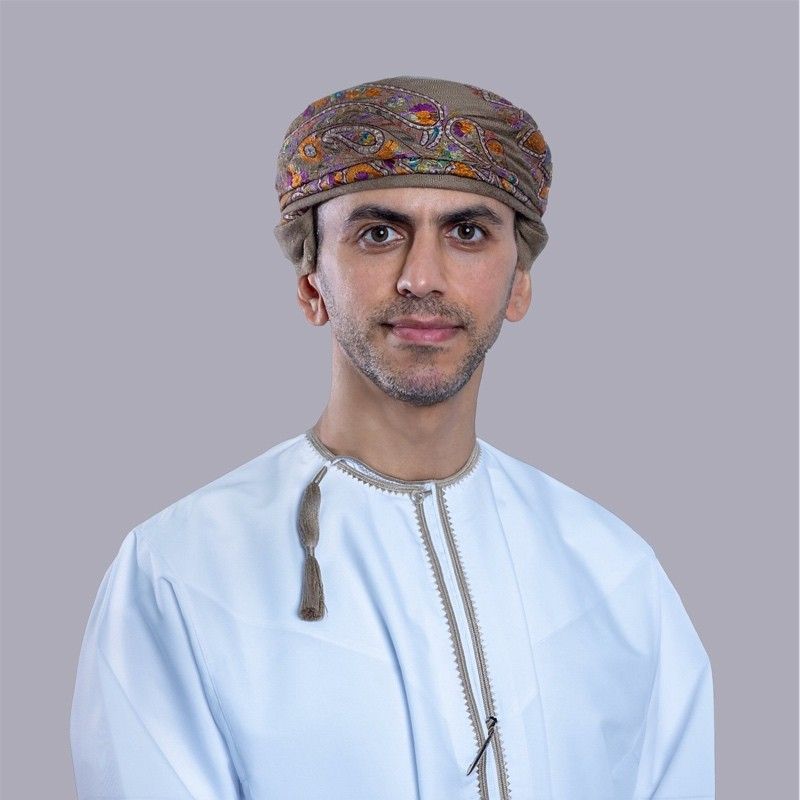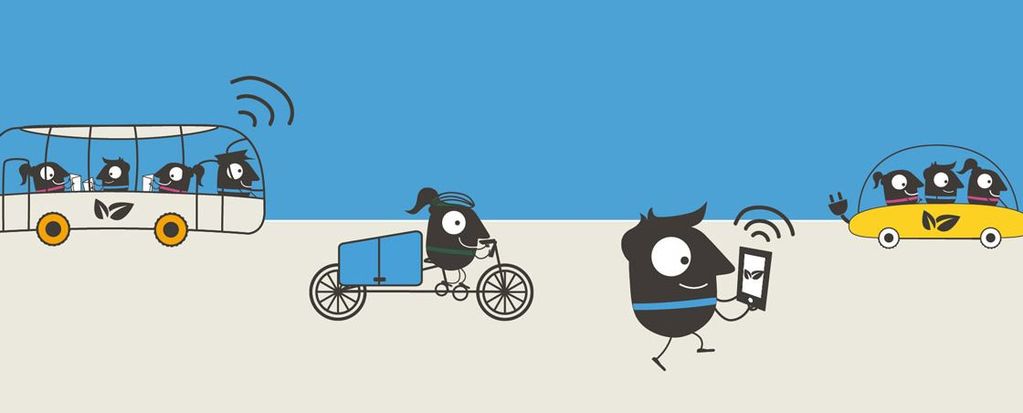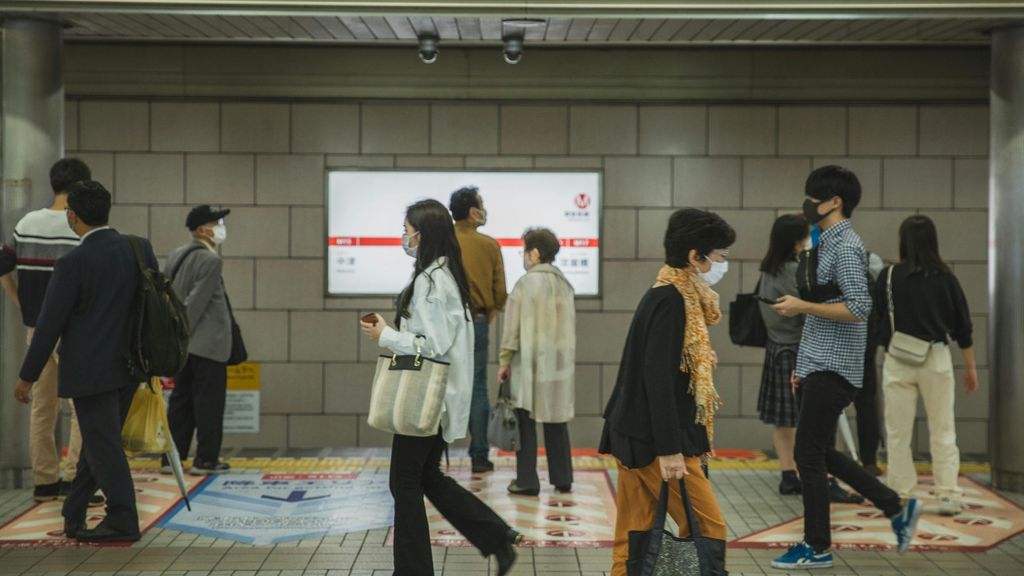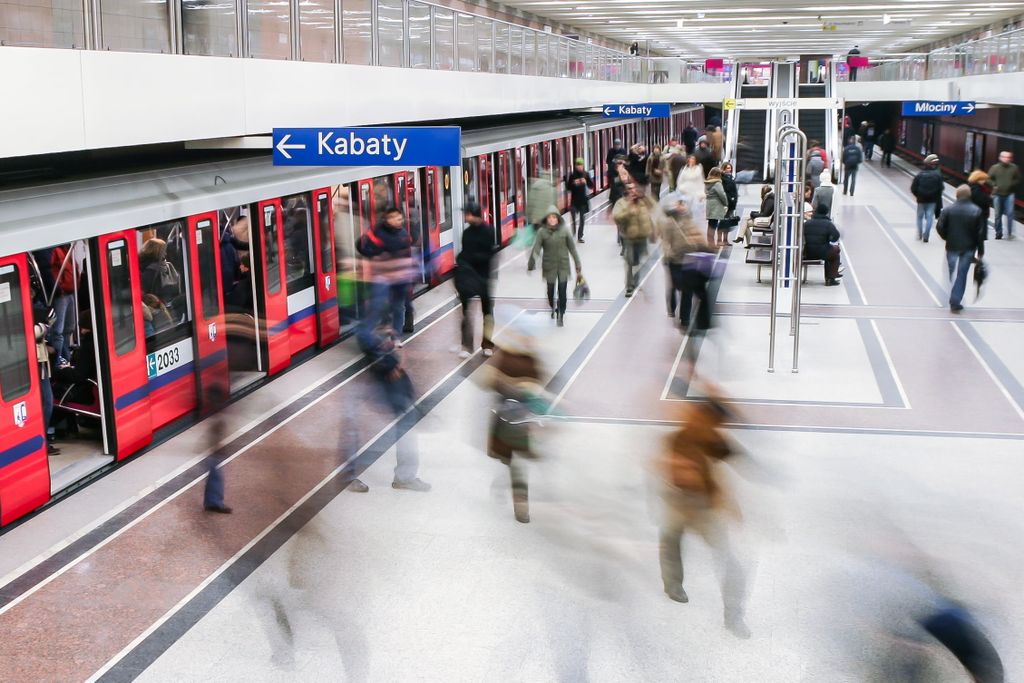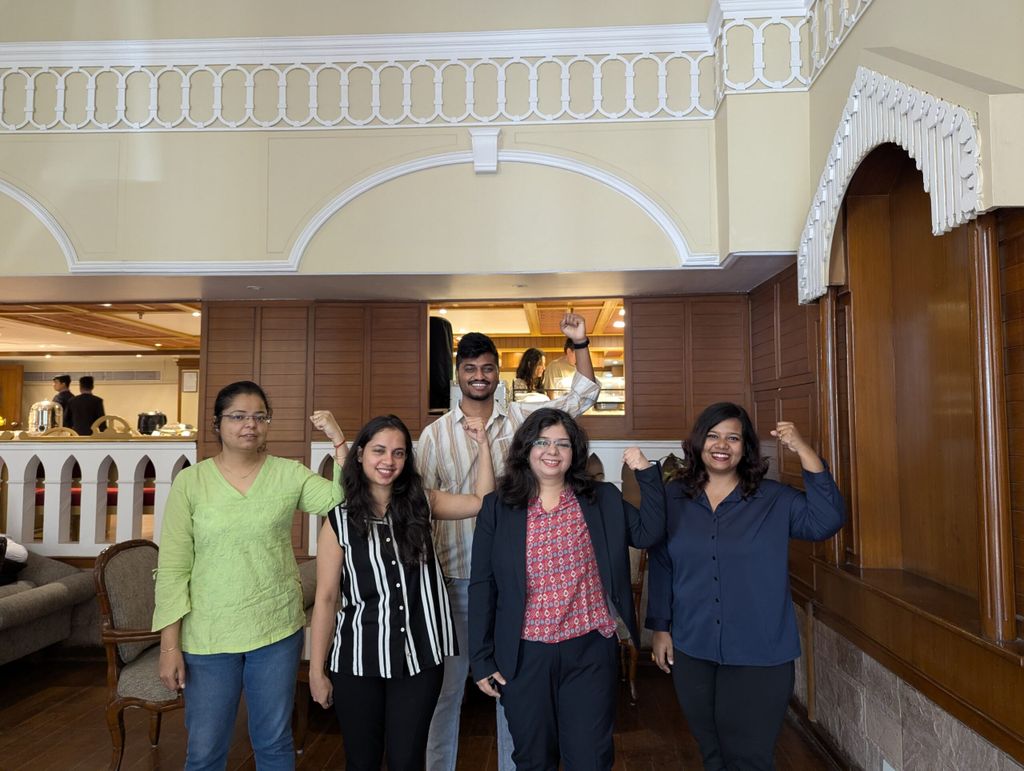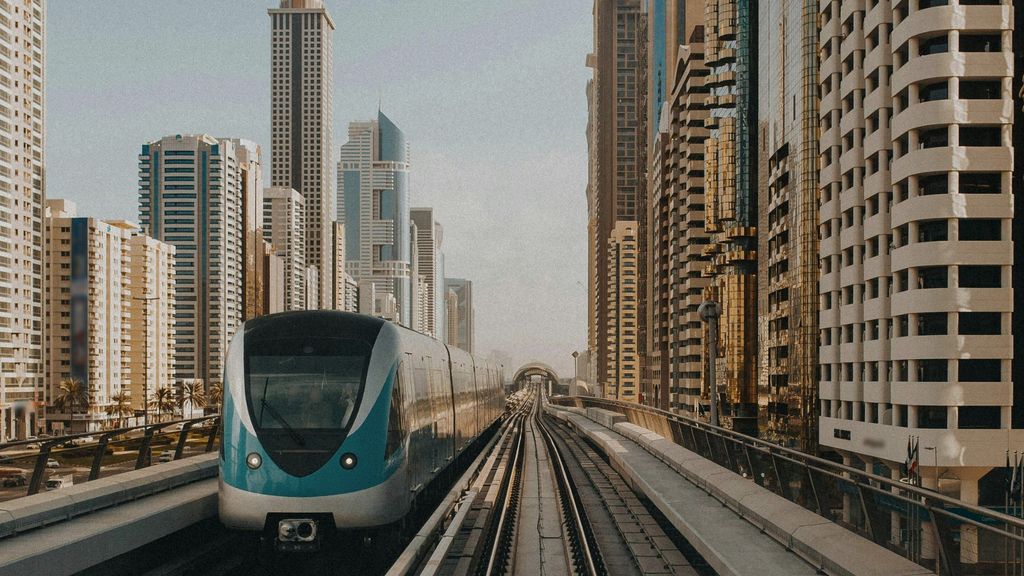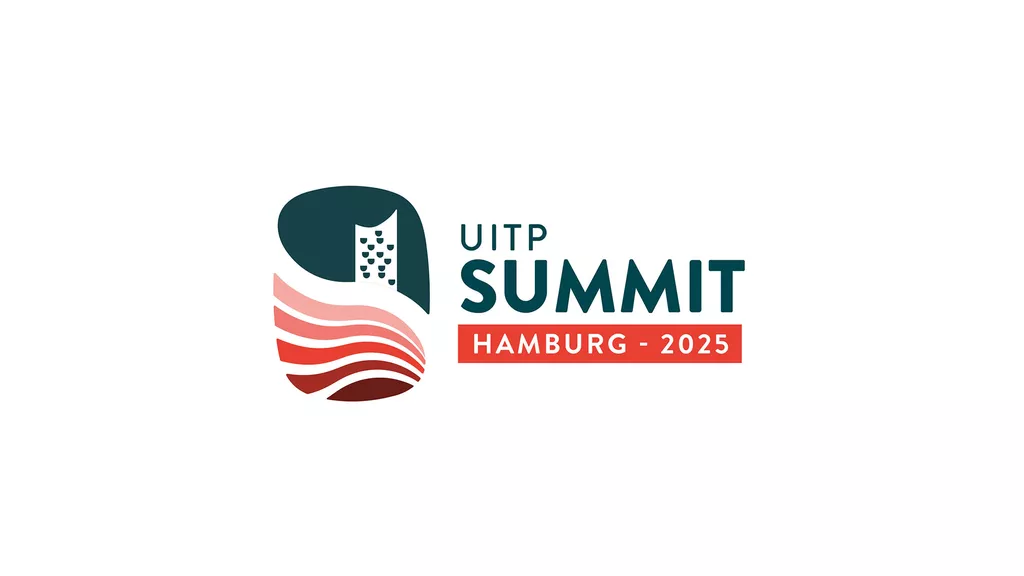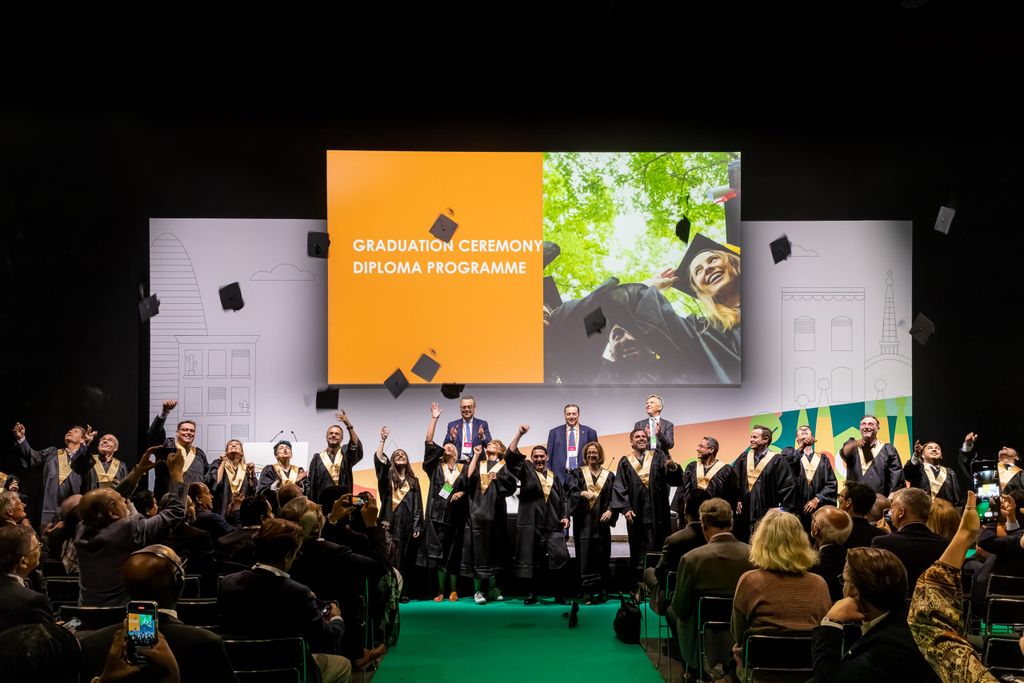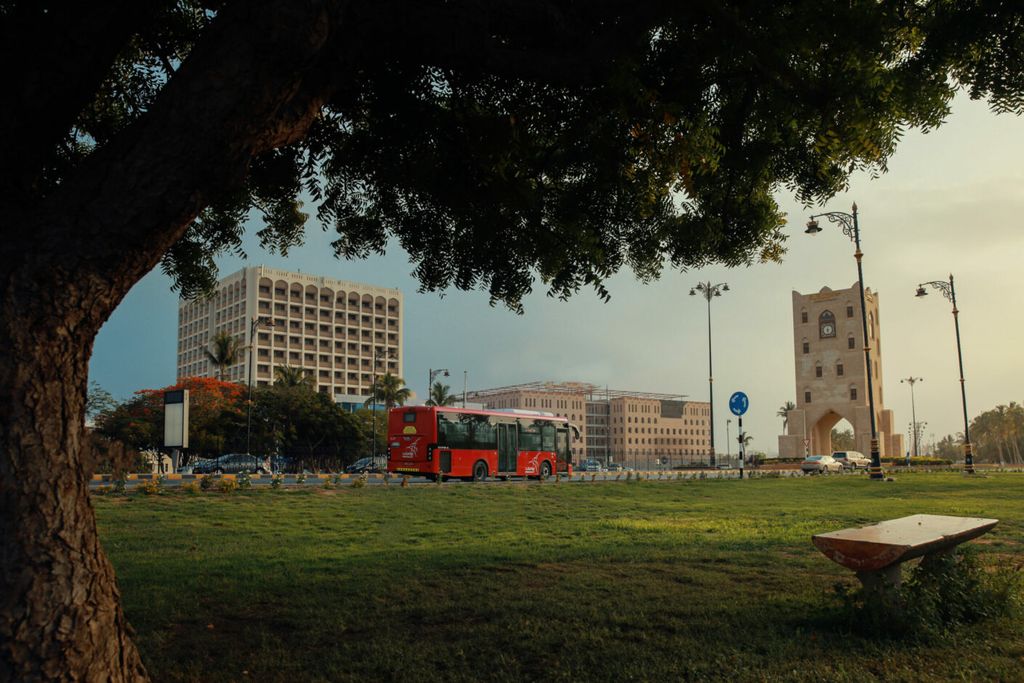
Public Transport in the MENA Region: Transformations and Innovations
… and Challenges
MENA is witnessing a remarkable transformation in its public transport sector. From the bustling streets of Cairo to the modern metro systems in Dubai, cities across the region are embracing innovative solutions to meet the growing demands of urban mobility.
Over the last few decades, the MENA region has experienced rapid population growth and urbanisation. Countries such as the United Arab Emirates, Saudi Arabia, Qatar, and Oman have leveraged this growth to drive major development initiatives, becoming top global economic performers. However, they now face significant urban challenges, including traffic congestion, transportation safety and security, public transport costs, the high usage of private vehicles, and environmental concerns.
Sustainable Solutions and Smart Technology
Countries in MENA are increasingly prioritising sustainable transport solutions. Electric buses, smart ticketing systems, and integrated mobility services are becoming commonplace. These advancements are not only reducing carbon footprints but also enhancing the efficiency and reliability of public transport.
For instance, Dubai’s Roads and Transport Authority (RTA) has made significant strides with its autonomous vehicle trials and the introduction of eco-friendly buses. Similarly, Riyadh is on track to complete its ambitious metro project, which promises to revolutionise daily commutes for millions.
Investing in public transport not only improves urban living standards but also stimulates economic growth. By addressing these challenges head-on, cities in MENA can become global leaders in sustainable urban mobility.
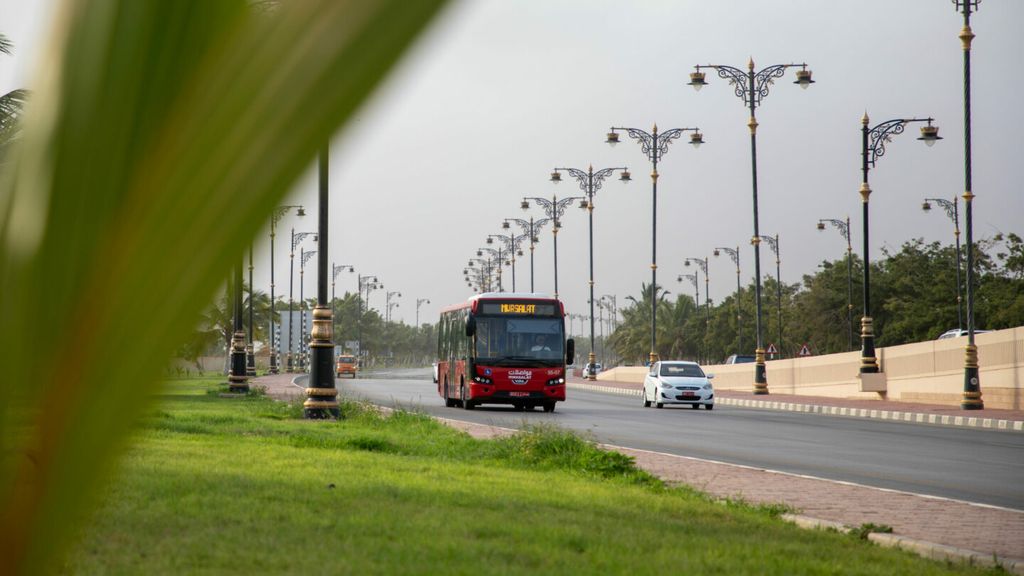
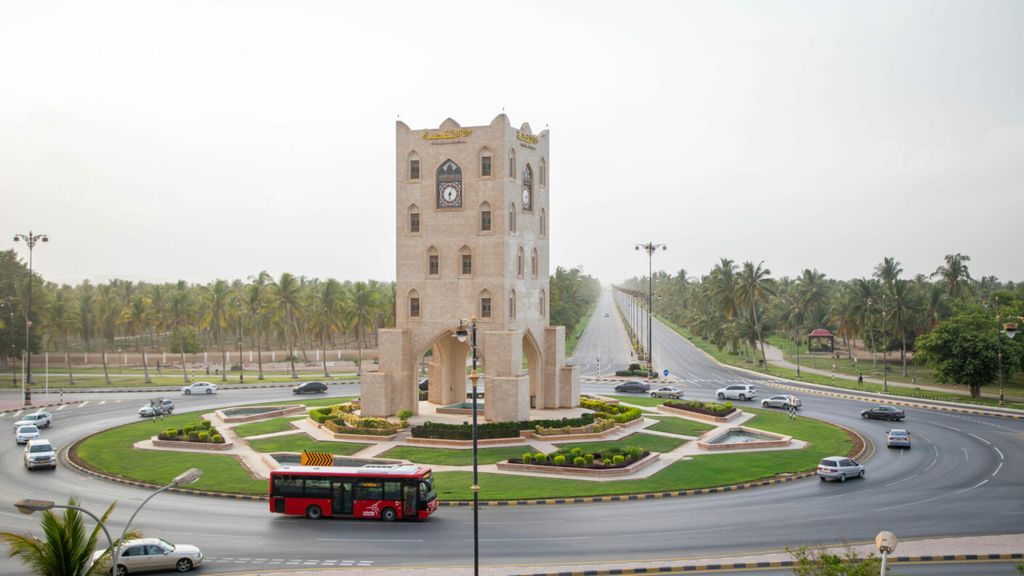
Oman: Leading the Way in Public Transport Initiatives
Recently, the Ministry of Transport, Communications, and Information Technology in Oman organised a successful ‘Public Transport Open Day,’ where 1,684 Omanis benefited from free bus services in Muscat and Salalah. Oman is actively investing in enhancing public transportation, including the development of Bus Rapid Transit (BRT) systems in major cities like Muscat, Salalah, and Sohar. These systems aim to provide fast, efficient, and reliable bus services, reducing congestion and improving urban mobility.
Oman is also integrating smart technologies and clean energy solutions into its public transportation infrastructure. Initiatives include the introduction of e-buses, green hydrogen buses, and intelligent transportation systems to optimise route planning and enhance the passenger experience. The Oman National Railway Project, a significant initiative, involves constructing a comprehensive railway network connecting key cities, industrial hubs, and ports to improve transportation efficiency and promote sustainable development. The Hafeet Rail project, a joint venture connecting Sohar in Oman to Abu Dhabi in the UAE, aims to boost tourism and enhance connectivity between cities.
Additional mobility initiatives in Oman include integrating microbuses with public transport buses, coordinating school buses with public transport, increasing the use of biofuels in public transport buses, and other efforts as part of the country’s decarbonisation strategy. These projects are crucial in modernising Oman’s public transportation network, promoting sustainable mobility, and improving quality of life.
At a UITP conference in July, Oman will welcome public transport professionals from the MENA region and across the globe to address the challenges and opportunities in the region.
“Salalah is actively improving its public transport system, with Mwasalat playing a key role in enhancing connectivity and sustainability. The city is expanding its bus network, making it simpler and more eco-friendly for tourists to explore Salalah and its attractions. We look forward to welcoming our members at the conference.”
the place to be to hear more about public transport innovation in MENA
The UITP MENA Conference in Salalah on 16 July will focus on Oman’s and the MENA region’s recent public transportation projects and advancements. The conference, under the patronage of H.H. Marwan bin Turki Al Said, Governor of Dhofar, and in cooperation with Mwasalat Oman, will focus on enhancing public transport networks through innovative infrastructure, clean technologies like electric and hydrogen fuel cells, and smart transportation systems.
Key topics to be covered include:
- Advancing Public Transport Infrastructure and Integration in the MENA Region
- Green Technologies: Pioneering Sustainable Public Transport
- Intelligent Transport Systems: Enhancing Connectivity and Mobility
- Driving Urban Sustainability Through Public Transport in MENA
Event Details:
- Date: 16 July 2024
- Location: Salalah, Oman
- More Information and Registration
